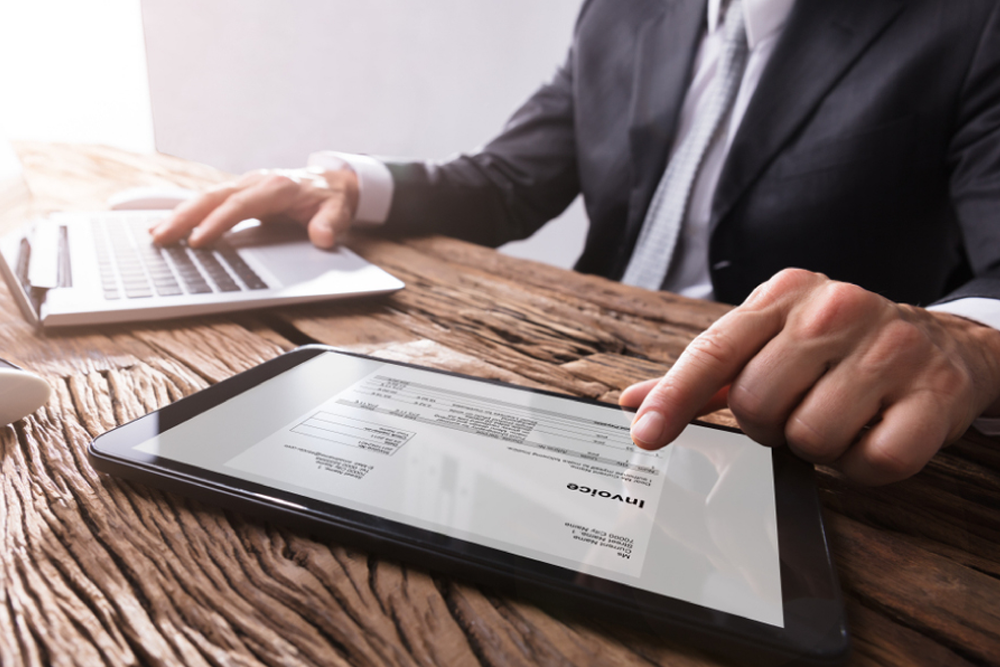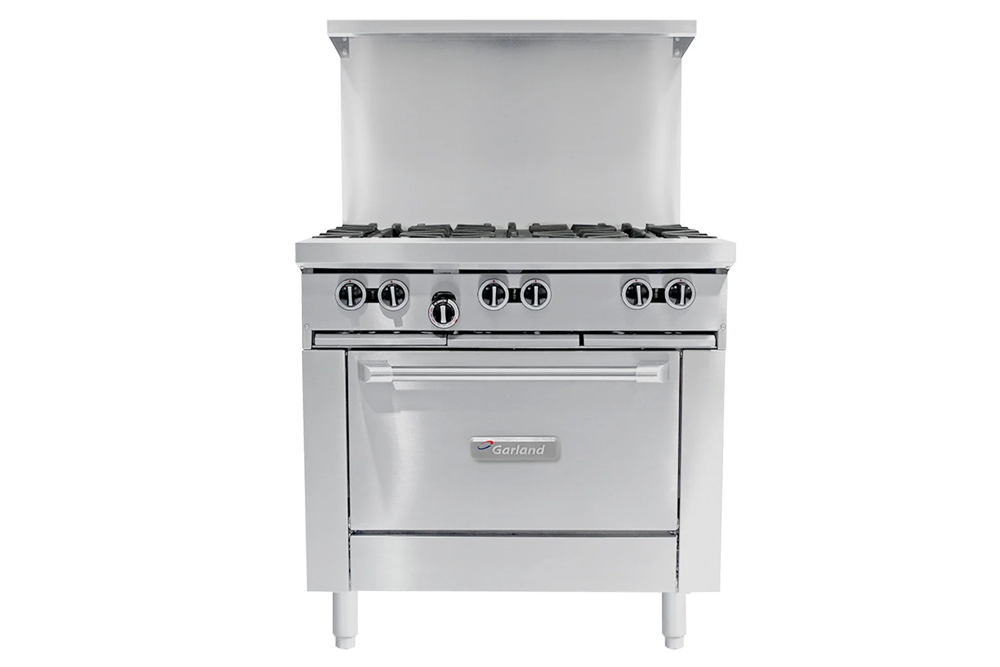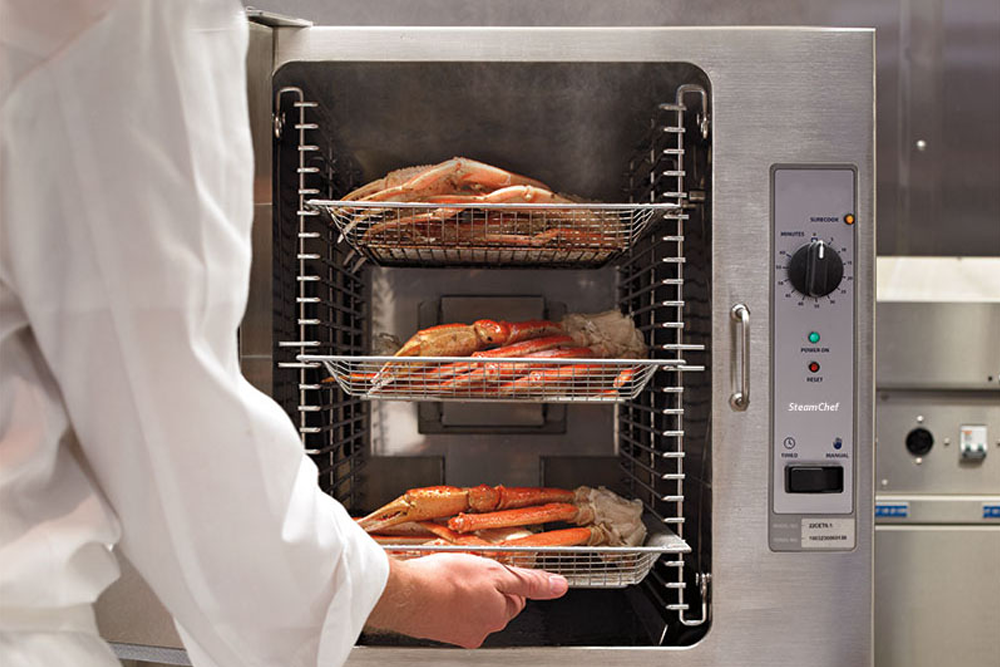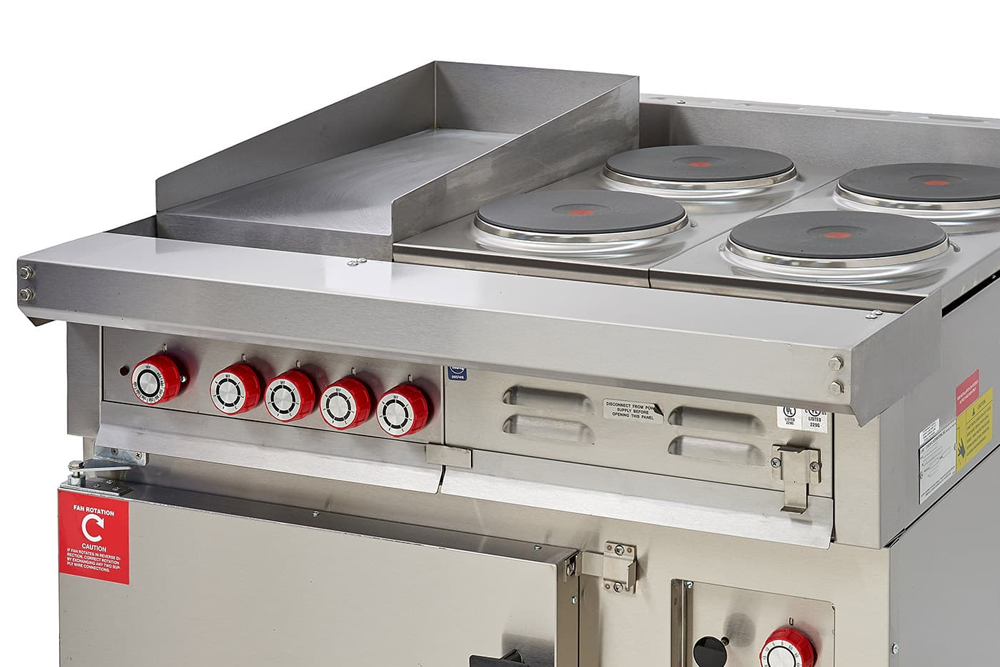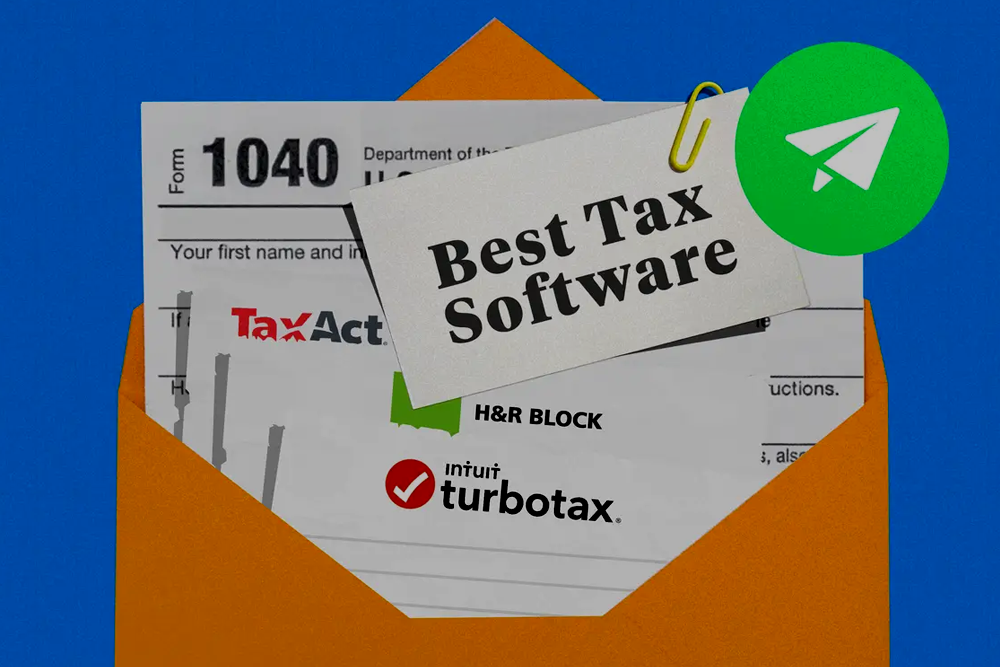 Freelancers here is the smartest way to budget your money
Freelancers here is the smartest way to budget your money
If you are a freelancer, you may wonder why you should budget. Besides, income as a freelancer can be unpredictable, so what can budgeting do?. The truth is budgeting is essential for freelancers as it is for people with traditional jobs.
Many great perks come with a freelancing job, inclusive of schedule flexibility, and more self-determination than most professions offer; however, budgeting can be challenging with an unpredictable paycheck. Nonetheless, after you get into the habit of budgeting, you will find that you can enjoy being a freelancer even more. Here are budgeting tips as a freelancer.
Understand your customers
Please familiarize yourself with when your clients tend to pay, so you are not justify with overdue bills since someone did not come through as quickly as you thought they would.
You can not control your clients, but you will probably find most of them behaving similarly in the future on the way they have acted in the past. This is because you will be able to take on new juggle bills or expenses based on when you know additional money will be coming.
Document when they pay and how often they are late or miss payments. Consider dropping them if they miss payments consistently.
Keep business accounts and keep your personal accounts separate
The essential thing you can do as a freelancer is to keep your personal and business spending separate. This comprises opening up a separate business bank account (preferably a high yield account) and a business credit card. Also, consider tracking your expenses in a different money app than the one you use to track your personal expenses.
Separating your personal finances from your business ones makes it simpler to clearly track all expenses and income associated with your business without any added guesswork. Using a credit card and a business bank account, you can reduce the hassle of trying to pursue what expense goes with what when you are balancing your books.
Also, keep a separate list or a spreadsheet of all your financial accounts, including the login URL, and name, so you do not lose track.
Note that variable income calls for predictable expenses
Budgeting money for a freelancer is different from budgeting for a traditional job. When you have a predictable salary, you can begin with income and budget from there. However, when your income is variable, sound budgeting needs to keep your expenses predictable.
Accounting for what you spend on transportation, internet service, phone, utilities, and food helps you identify how much you need to earn per month to meet those expenses.
After you have the basic income figure that covers your expenses, you can gauge how much extra you will have each month for extras, retirement, and savings accounts. To calculate the baseline income, you will consider the areas below:
- Food: Without fast food stops and restaurant meals, the best way to identify food costs is to track them for a few weeks. Do not incorporate the cost of meals or not unless you depend on them for client meetings. Consider drive-thru and meals out as extras.
- Utilities: This can be unpredictable. Check a year’s worth of utility stubs (or request your utility provider to print out how much your bills were over the previous years and take note of which months utilities are highest. If utility bills vary significantly, check if your provider provides budget billing, which averages your costs and allows you to pay a set amount monthly. At the end of the Year, you will have to make up any differences if you use more electricity than average, and some utilities charge for this service, so consider that element as well.
- Housing: incorporating homeowner’s insurance, property taxes, or renter’s insurance as well as a mortgage payment or rent.
- Transportation: Include the cost of gas, car payments, registration, and insurance.
- Phone and internet: Both of these utilities are indispensable for most freelancers who work from home. You might have many choices for internet providers; however, you possibly can compare several phone plans to get the best rates.
- Medical costs: Include the cost of any prescription and non-prescription medications you take regularly. If you have outstanding medical bills and are working on paying off, incorporate those monthly payments in your baseline budget.
Emergency savings
It is not simple to put away cash for emergencies, especially when you feel like your whole life is a financial emergency; however, it is essential to open an emergency savings account and put in what you can. This might indicate giving up some of the extras, but you will thank yourself when your washing machine quits.
Priority savings
Often when you are a freelancer, taxes are not taken from your paychecks; however, you still have to pay them. Most freelancers pay taxes quarterly, and setting up a separate savings account just for your taxes is a smart move to ensure you have the money accessible when Uncle Sam expects it.
Save for retirement
Freelancers are not automatically enrolled in an organization’s 401(k0 plan, which indicates it takes more effort to save for retirement when you are on your own, and it is simple to put off. However, it is just as important to begin putting money aside. You should aim to save at least ten percent (or more), but if you can not afford that, save what you can. It is essential to build a habit, even though it is $50 per month.
That could mean a Roth IRA or IRA, through which you should invest in low-cost exchange-traded funds, index funds, or target-date funds. It can also be through a Simplified Employee Pension plan or SEP IRAs.
Track everything all throughout the year
Whether you are a contract coder or a freelance writer, you will need to view your work as a small business, which indicates you will have to keep track of everything. For tax purposes, you will want to keep all 199s ( if you are audited, the IRS requests three years’ worth of forms, even though they could go back further if they suspect you have been committing fraud or underpaying and if you have an IRA you will need to keep records of all your contributions. Your records should contain the date you made the contributions, and the amount invested, the source of any funds you rolled over into the account, and the date you opened the IRA.
Besides, you will want to save business-related credit card receipts (simple to do if you open a business-specific account, union dues. If you want to subtract your smartphone or laptop, track when you use each for work purposes.
And, just as essential, track your cash flow. Start a Google doc or spreadsheet or use an app to track billable hours, invoices, who has paid what and when, where all of your money is going. Note you will never be sorry that you traced too many things about your money, but you will be sorry if you do not know what is happening with your money.
Hire an accountant
Hiring a certified public accountant, especially around tax time, will possibly be worth the money. They will ensure everything is squared away, and that you are not missing anything on your taxes, which tend to get more sophisticated for freelancers than full-time employees.
But do not just talk to an account around tax time, have a conversation with them early in the Year, so they know what to look for when managing your taxes. An accountant can also assist you in mapping out a retirement plan and even detailed strategies for you to meet other goals, even though they will possibly need a second visit.
Automate your financial plan
Not unless you are a freelance accountant, you probably do not want to spend most of your time dealing with finances. This is where automation comes in. You can automate the following:
- A percentage of your personal income into your savings accounts
- Part of your personal income into your backbone fund
- Part of your business or personal income into a Roth IRA, IRA or SEP IRA
- A percentage of your business income into tax estimate account
- Bill payments, inclusive of internet or cable, cell phone, insurance, loans, and rent
- Invoices, income, and expenses, including Wave, FreshBooks, and QuickBooks
- Reminders to check your budgeting apps all through the month
You can also request your bank to automatically send you the updates of your account balances daily, so you know your situation financially, and you are not surprised by an overdraft fee.
Increase your rates
Freelancing is challenging; however, it also puts you in the position to raise your fees if and when you see it is fit. Not that it is a decision you should take lightly- you have to be intentional about your worth and which customers you should charge more. If you have learned a new skill, gained more experience that you are applying to your clients, paying more attention to your customers, or offering new or complementary services, it might be time to increase your fees. Simply know your worth and do not undersell yourself.
Budgeting can be challenging if you are a freelancer; however, it is every bit as essential to financial health as it is to people with traditional jobs. Budgeting helps you manage your money better.

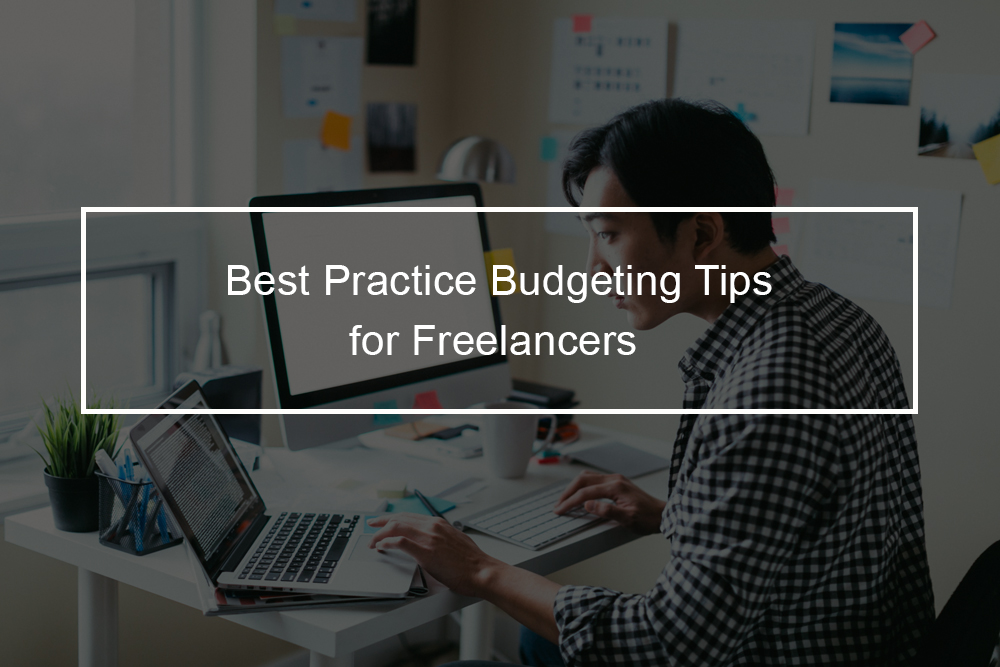 Freelancers here is the smartest way to budget your money
Freelancers here is the smartest way to budget your money
